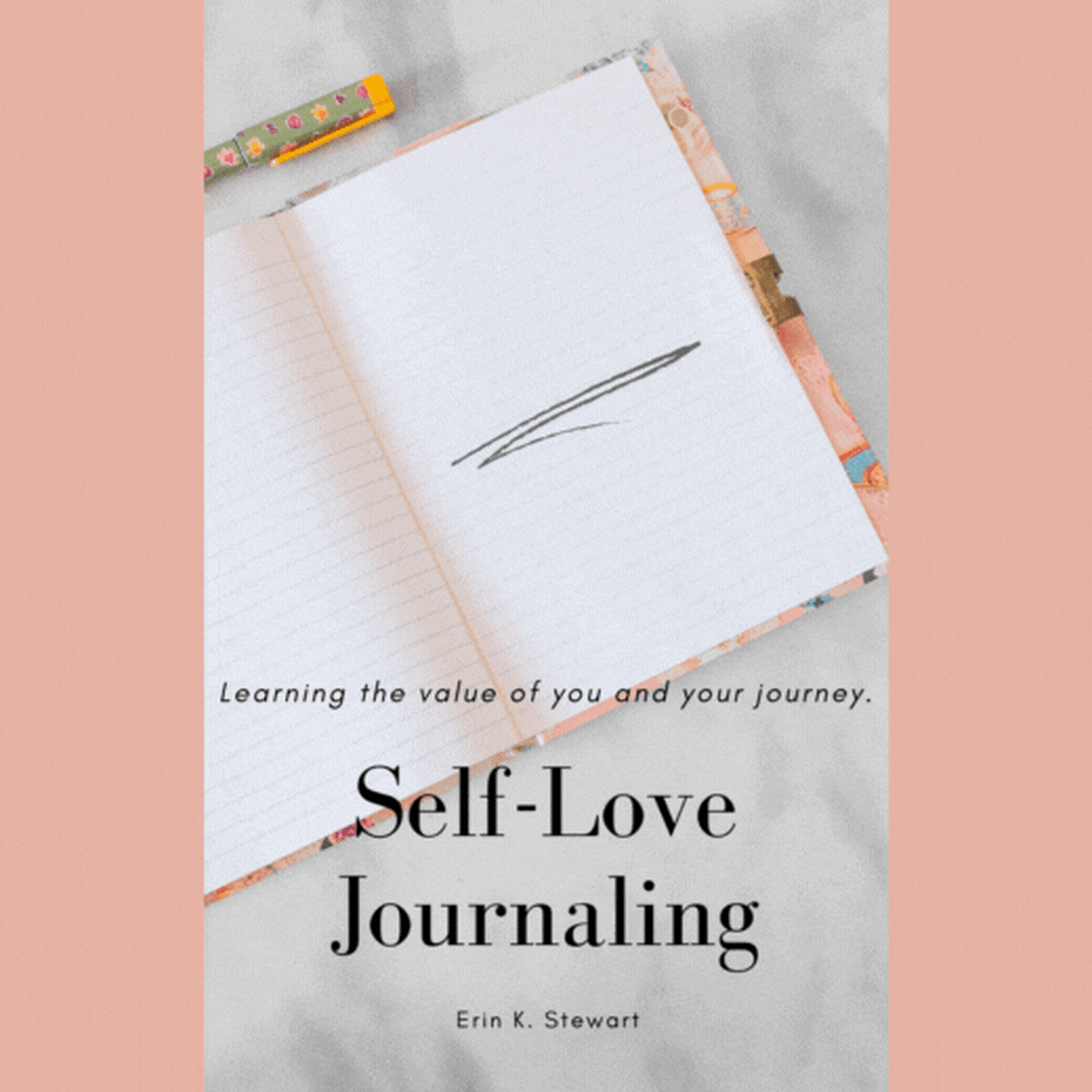Practicing Minimalism to Save Money
Minimalism
Minimalism is about intentional living. The idea is that you only have things in your
life, in your house, in your space that bring some sort of value and happiness. If it
has no purpose then it has no place and has to go.
Minimalism can be defined differently depending on the person, the above is just
what I see it as, you can research the term to see what other people's take on it is.
The ideas mentioned below are what I follow so that I don't behave like a buying
machine that many of us have become in today's society.
Practicing minimalism means you end up saving a lot of money because
you no longer engage in impulse buying, retail therapy, buying things because
you thought it looked cute or felt pressured to spend money. You avoid all of
these situations where you end up spending your hard earned cash just
to later forget what you bought and for what reason.
Buying mindlessly is a waste of your money and keeps you away from
working towards achieving a level of financial security and maybe even
independence where you no longer have to be stressed about money or
money related issues.
So, I'm going to give you a few ways you can save money by practicing a
few rules of minimalism so that you can reap some of the concepts financial
benefits. You don't have to call yourself a minimalist or follow the 'rules'
it's totally customisable so take what you want, alter as you need and leave
what doesn't mean much to you.

1. Stick to Your Style & Save Money
Experimenting usually means you don't end up using whatever you bought or
get the full use out of the particular item. Stick to what is your style, if you wear
muted tones then only buy muted tones, if you wear monochrome colours then
stick to that. Most of us have items in our closet we purchased because we thought
it looked cute or saw someone else wearing it. We waste a lot of money on things
that are not within our comfort zone and style so only buy what you know you'll
wear. Stop wasting money on items for the sake of experimenting.
I feel most comfortable in dresses so I stopped buying blouses and t-shirts
unless it's to go with a dress.
Buying things that stick to my style makes shopping easier and makes me feel
more beautiful because those items suit my body shape and make me feel
comfortable.
Items that divert from your style are most likely going to end up
in the 'I didn't even know I had this' or 'what the hell was I thinking' pile. Buying
items once in a while that are different from you style can be fulfilling and exciting
if you know that you are going to be able to get multiple uses out of it: don't kid
yourself if you know you won't.
2. Know What You Have
Our homes, spaces and closets are filled to the brim and we probably only use 1/5
of everything that occupies those spaces. Know what you have and get rid of the
things that you didn't even know existed. Once you clear up the space you'll be
able to see the things that you have and it means you won't end up buying the
same thing or something similar to it since you know you already have it.
Not knowing what you have just means adding more stuff to the 'I never used this'
pile. That is probably why you don't have any money left over at the end of the
month as you're constantly wasting money on things that you had no use for before
and still have no use for but now you have duplicates of the same item.
Have a good clear out and use the things that are left, make a wish-list of
anything you may want and always consult your home, closet, kitchen or any
other space before making a purchase.
3. Make Lists
I mentioned this above, a way to overcome impulse buying is to keep lists of the
things you want t purchase. Have a look at what you already have and if you can
make do without it.
Writing down what you want instead of immediately buying it gives you the time
to think and really know whether it's something you want to spend your hard earned
money on. Making lists is also a way for you to save for the things you want rather
than just going out and buying it immediately.
Always put money aside for the things on your list, if you didn't set money aside for
it then surely it wasn't necessary or important. Putting money aside let's you see
how much of your monthly income is going towards that item and if you're
happy to see that number.
4. Set Limits
Setting limits to how much of something you need is a way to combat the
mindless and thoughtless shopping trend that is prevalent in our consumerist
society. How many pairs of trainers do you really need? Is it not a better idea to
wear the ones you've bought so that you can enjoy them fully and get good use
out of them, then when they're reaching the end of their time you can go and
purchase a new pair of a different design?
All of use have some areas in our lives where we spend more than that is
necessary and sensible, I know I've mentioned clothing as an example but it can be
anything such as electronics for example. So many people buy a new phone every
year despite their current one being in absolute functioning condition. This need
to have the newest and the most expensive version of something is dangerous for
our finances and for our future. If you don't buy a new phone every year it's not
going to have a detrimental effect on your life- trust me you can use your phone for
at minimum 2 years unless it's not in a functionable state. I use my phone for 3
years or more and this means that I get the most use out of the money I spent on it.
Set clear limits in certain areas where you know you can spend an unlimited
amount e.g. electronics, food, entertainment, holidays, designer items,
accommodation, cars and the list can be never ending. Ask yourself what is
the one area where you need to set limits.








